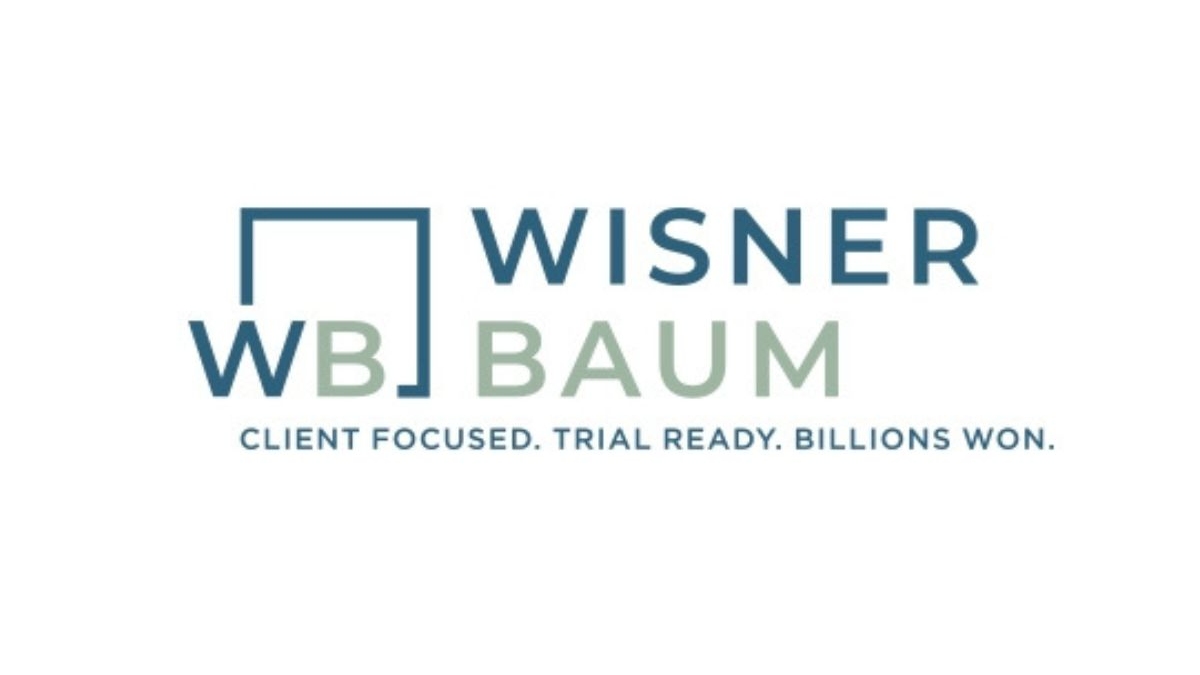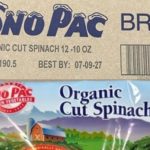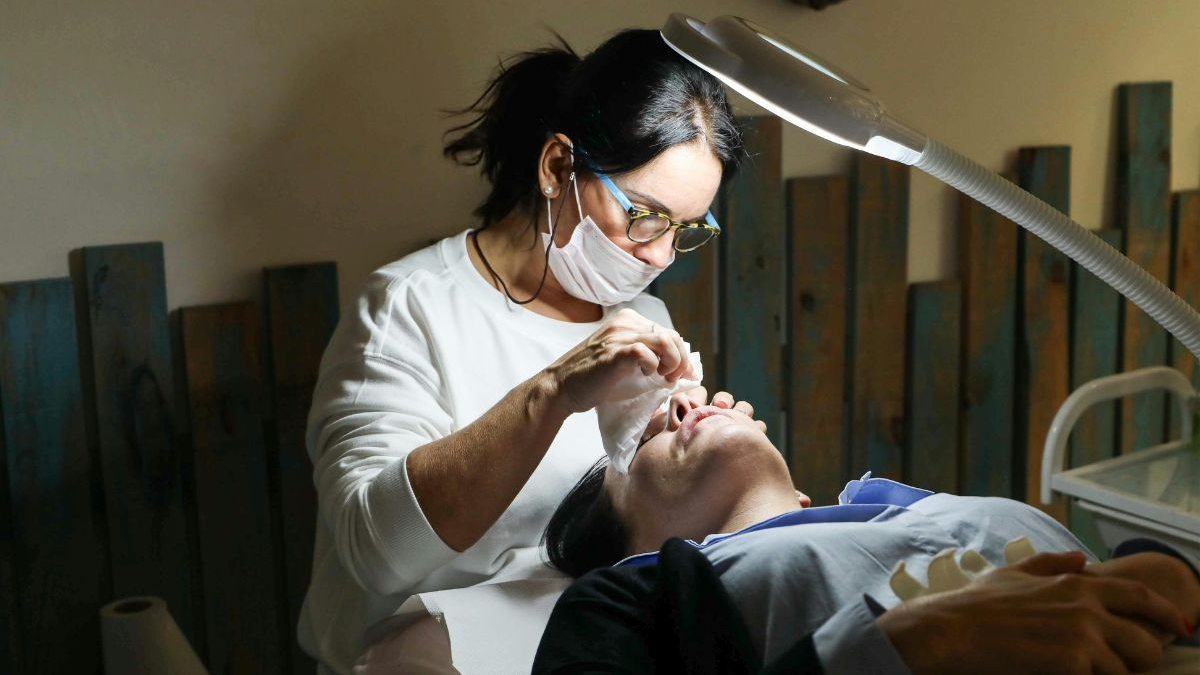This year, baby food recalls have made headlines across the U.S. With limited action from the FDA, Los Angeles-based law firm Wisner Baum LLP is representing affected families in consolidated lawsuits, pushing for stricter regulations and safer products.
Toxic Baby Food Contamination: An Ongoing Crisis
PR Newswire reports that the first half of 2025 saw multiple baby food recalls nationwide due to toxic contamination. The latest example is from September 16 when a recall was issued for Sprout Organics Sweet Potato, Apple, and Spinach baby food pouches in 28 states. This was due to lead contamination in the 3.5-ounce pouches.
Before this, on March 12, Target’s Good & Gather Baby Pea, Zucchini, Kale & Thyme Purée was removed after the FDA detected high lead levels. On May 9, Publix voluntarily recalled GreenWise Pear, Kiwi, Spinach & Pea Pouches after tests showed elevated lead levels.
In response to recurring recalls, the FDA launched its ‘Closer to Zero’ initiative in 2021, aiming to reduce heavy metal contamination in baby food. Critics say progress has been slow, prompting thousands of families to file lawsuits against manufacturers.
As the FDA prepares to release a progress report on the initiative, Wisner Baum LLP continues leading families’ lawsuits against manufacturers.
The firm is amplifying the call of U.S. families for urgent reforms to regulate toxic heavy metals in baby food.
Rising Recalls Highlight Industry Failures
Wisner Baum says that the companies sold the baby foods containing lead, cadmium, mercury, and arsenic even after being aware of their impacts. Even low-level exposure to these metals can cause permanent neurological damage in infants and toddlers. These repeated recalls reveal a pattern of ongoing contamination concerns in the baby food industry.
Companies like Beech-Nut, Plum Organics, Gerber, Parents’ Choice, Sprout Organic Foods, and Happy Family Organics have faced contamination issues through past years. Many of them are in litigation or under regulatory surveillance.
Medical experts across the country have suggested that a thorough protective process must be enforced. This includes testing of finished products, combined evaluations of all four metals, and mandatory consumer disclosures. As of now, the FDA guidelines do not involve such strict measures.
The FDA’s “Closer to Zero” Plan: A Hollow Promise
While the FDA’s Closer to Zero initiative began in 2021, four years later, industry critics state that the agency has made little progress. As a result, families across the country are vulnerable to heavy metal content in baby foods.
After eliminating the timelines of the initiative in 2023, the FDA has yet to implement the promised limits of lead and other metals.
The agency’s January 2025 guidelines establish voluntary limits for lead at 10-20 parts per billion. However, this does not include snack items, such as puffs and teething biscuits, which contain high lead levels as per studies.
The current FDA regulations do not require baby food manufacturers to legally comply with, test their products, or reveal results.
State-Level Innovations: Pioneering Protections
Amid minimal actions by the FDA, different states have taken steps to deal with baby food contamination.
Effective January 2025, California’s AB 899, asks for monthly testing of lead, cadmium, mercury, and arsenic at certified labs. It further requires baby food manufacturers to reveal the results publicly and include QR codes linked to the testing data.
Effective January 2025, Maryland’s Rudy’s Law adopts similar requirements. The law gets its name from a child affected by lead-contaminated applesauce.
Slated for a 2026-2027 launch, legislation in Illinois involves new laws that mandate companies to test and reveal their baby food products.
Lauded by health experts, some of these reforms are pressuring companies like Beech-Nut and Gerber to adopt the QR code transparency.
Wisner Baum Leads Consolidated Baby Food Lawsuits
Wisner Baum has taken charge of the combined baby food lawsuits against companies. The names include Gerber, Hain Celestial (Earth’s Best Organic), Beech-Nut, Plum Organics, Walmart (Parent’s Choice), Nurture (Happy Family Organics/Happy BABY), and Sprouts Foods. The firm is seeking compensation for affected families, along with solid changes in the baby food world.
Founded in 1985, Wisner Baum LLP has handled cases involving pharmaceutical failures, corporate negligence, environmental toxicity, and severe injuries. Based in L.A., the well-known law firm has over $4 billion in verdicts and settlements. The firm focuses on food transparency, medical accountability, and strict product safety standards.
With FDA action lagging, the legal move by Wisner Baum marks a step ahead in accountability and transparency in the baby food industry.













